“Cities have the capability of providing something for everybody, only because, and only when, they are created by everybody.” – Jane Jacobs.
Initially launched in 2017 as Jozi Walks, Jozi My Jozi Walks empowers local residents to become storytellers of their own neighbourhoods. These citizen-led walking tours offer personal perspectives on Johannesburg's diverse communities and reveal the history, culture, and hidden gems that make neighbourhoods unique.
We spoke to Douglas Cohen, the founder of Jozi Walks and former Executive Manager: Planning and Strategy at the Johannesburg Development Agency (JDA), to discuss the vision behind this project, why he's excited for its return as Jozi My Jozi Walks, and why getting on one's feet might be the best way to understand this city. Cohen was instrumental in shaping the programme's mission to get Joburgers onto the streets, encouraging them to explore their city on foot, connect, and reflect on what makes communities thrive.
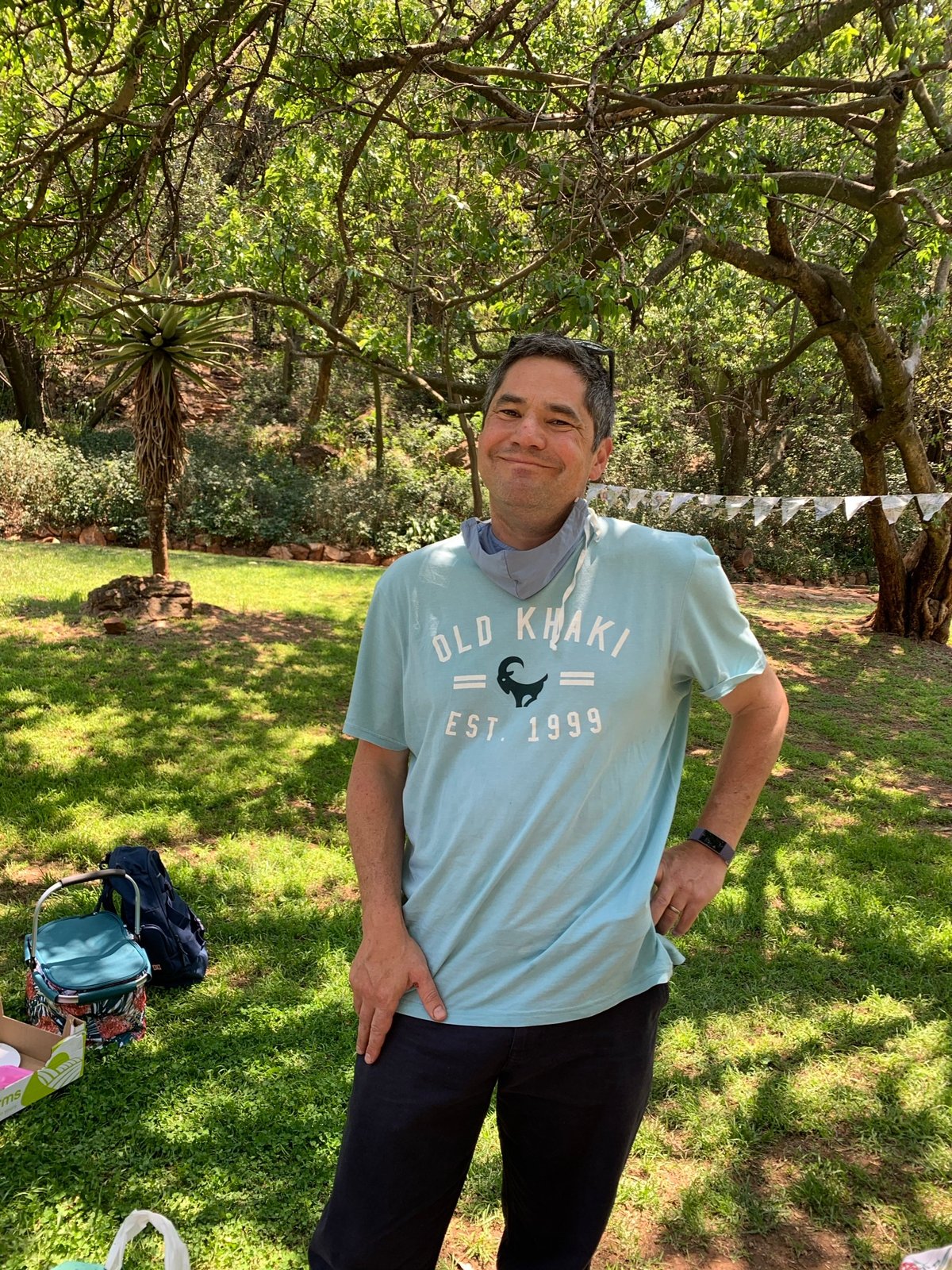
Jozi Walks was inspired by Jane’s Walk – a movement of free, citizen-led walking conversations named after Jane Jacobs. When did you first encounter this idea?
I must have first heard about Jane Jacobs while I was a student at the University of Witwatersrand. There were a lot of parallels and cautionary lessons in her book, The Death and Life of Great American Cities, with Joburg, the city I knew and grew up in, both car-dominated and spatially and economically divided. Jane Jacobs was not a famous academic or a “built-environment professional” but she just seemed to understand cities, people, and places, and was so articulate and vocal. Many of her quotes, like catchy soundbites, left a huge impression on me, and obviously many others. For example: “Cities have the capability of providing something for everybody, only because, and only when, they are created by everybody.”
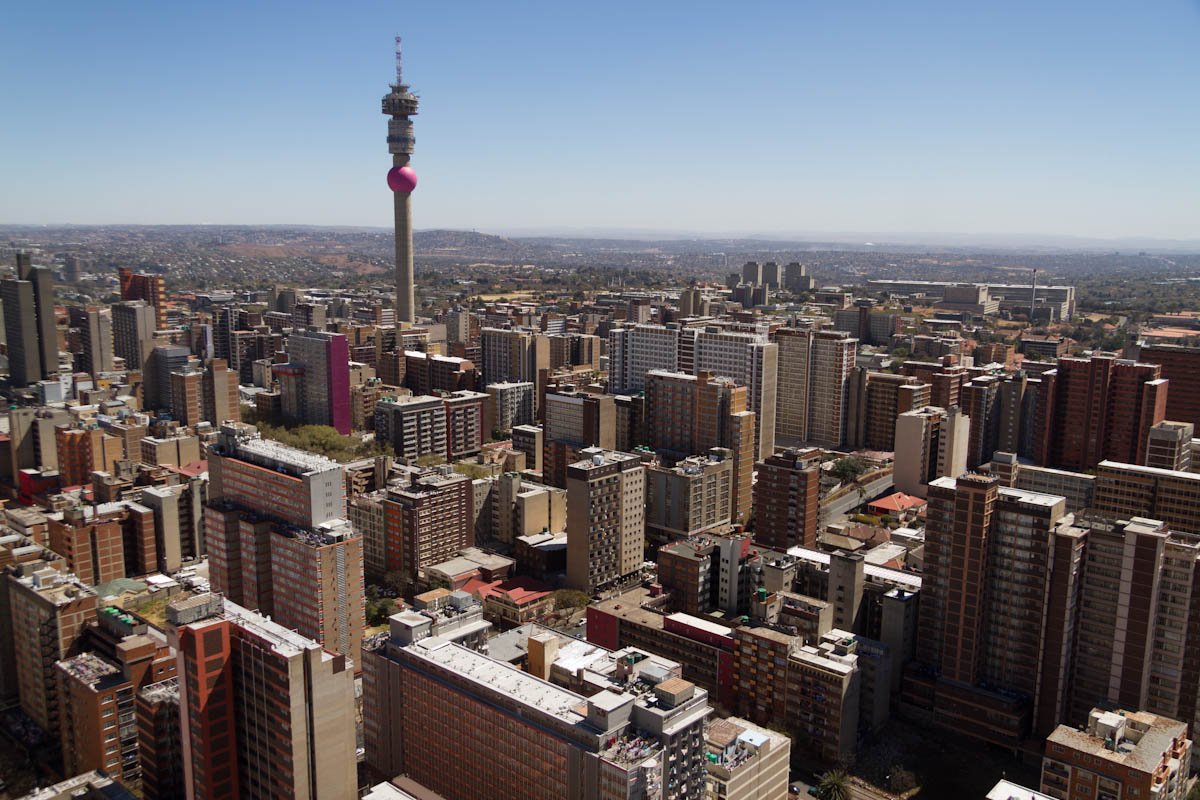
From 2005 I began been working in various public sector organisations focusing on local government, but when I joined the JDA – there was collective of like-minded individuals, namely the late Christo Botes, Yasmeen Dinath, and Nicolette Pingo, who strongly believed we need to mirror the Jane Jacobs approach of advocating for a more community-based, organic approach to urban development, emphasising the importance of preserving existing neighbourhoods and involving local residents in planning decisions. Jane's Walk – community-led walking tours – was founded by a group of Jane Jacobs' friends and colleagues to honour her life and ideas after her death. Around 2016, Jane's Walk was a popular global movement, but unbelievably, there were no walks in Joburg highlighting our unique history, culture, and communities.
"Walking, talking, and connecting in public spaces enables an emotional connection to a place."
What made you want to do something similar in Joburg?
To get the best possible outcome from any place-based investment is not solely about the often once-off economic investment, it is equally about working with the community and unlocking the social capital there. The JDA is an area-based development agency, with a programme of targeted investment planned in growth, strategic, and marginalised areas like the inner city, Soweto, transit corridors, Orange Farm, Diepsloot, and Alexandra to name a few. It made sense to weave in the Jane's Walk approach as part of any development in these targeted areas. This by encouraging locals to lead walking conversations, to explore their own neighbourhoods, share stories, and connect not only with their communities but also to invite others from anywhere in Joburg who may have that curious, adventurous, connection-seeking disposition.
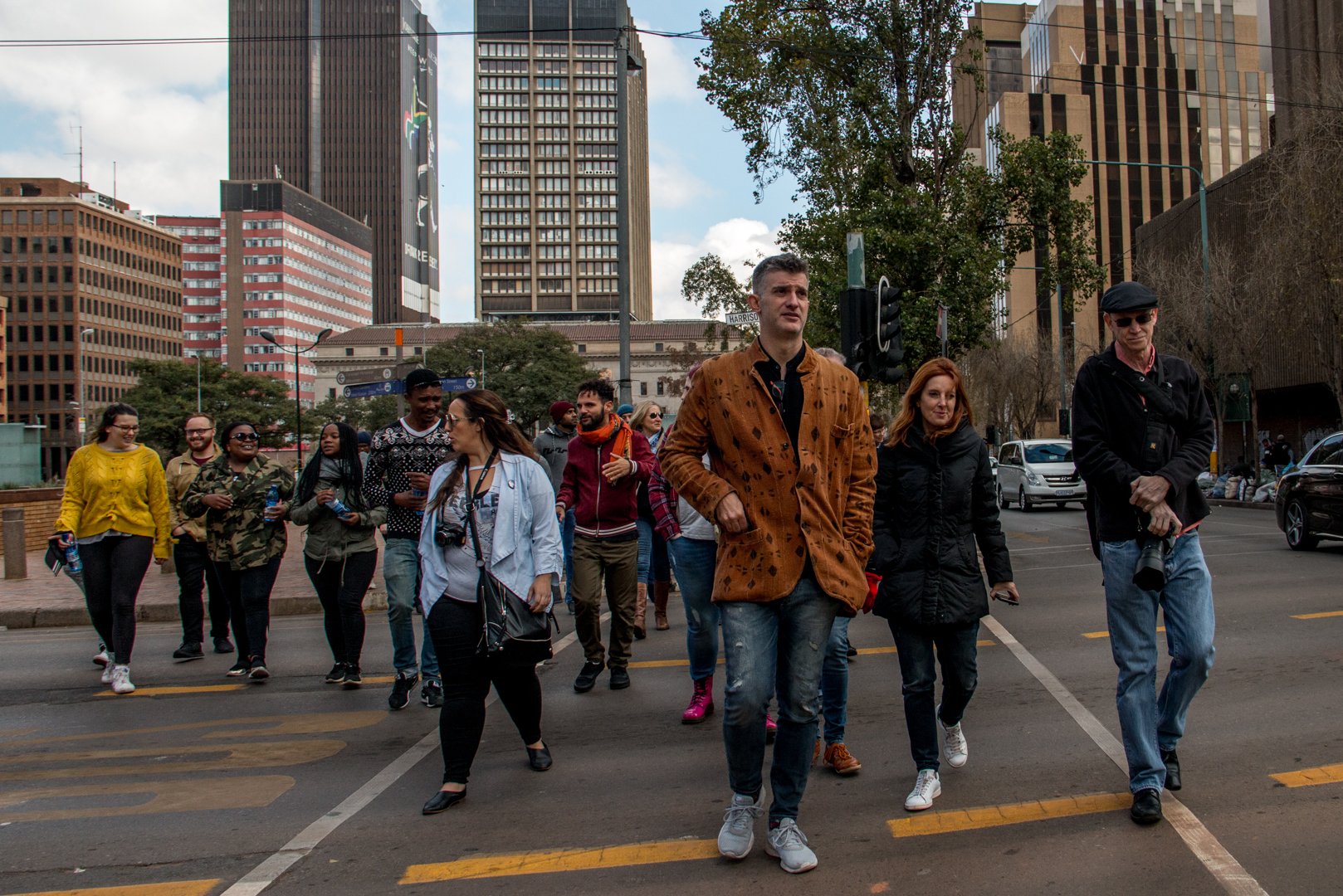
Tell us about the inaugural edition of Jozi Walks led by the JDA in 2017.
We began by floating the idea to a vibrant mix of Joburg’s most imaginative minds and trailblazing organisations, all of whom we brought together at the iconic Bus Factory in Newtown. That meeting with those present really got the Jozi Walks ball rolling. Many went on to lead walks or brought others on board. Many also became what I then started to refer to as the “champions of the city” and also friends. Legends like the late Andrew Lindsay – artist and owner at Spaza Art; Sanza Sandile, the self-taught chef and "gastronomic smuggler" who still hosts the Yeoville Dinner Club in Yeoville; Ashley and Sifiso, who ran The Roving Bantu Kitchen in Brixton; Mariapaola McGurk – a previously Johannesburg-based artist; Eric Itzkin, all things Arts, Culture and Heritage from the City of Johannesburg; and Mark Straw, the man behind the Joburg Photowalkers, to name a few. A few months later, I was attending my first Jozi Walk – exploring new parts of Newtown, dancing on Mary Fitzgerald Square, and climbing to the rooftop, watching a spectacular sunset next to the M1 while being serenaded by an opera singer.
What was most surprising about this weekend of free walking tours around Joburg?
That limited resources or over-curation/regulation did not stand in the way of informal partners developing authentic and original place-based experiences across Joburg. That walk hosts put a lot into their walks and enjoyed it as much as walk participants. And that walking, talking, and connecting in public spaces enables an emotional connection to a place.
It was held from 2017 to 2020. How did Jozi Walks evolve over that time?
In a positive way. They started to become an annual feature of events in and around Joburg. We took care to repeat popular walks (such as The Literary District in Johannesburg spearheaded by Griffin Shea, the owner of Bridge Books and the African Book Trust), but also created opportunities for new ideas beyond just walks. To keep it fresh, we also used different creative partners and small businesses, including Johannesburg In Your Pocket, to help us manage and improve the process. They increased the profile and hopefully trust of the JDA as being both a local partner and that local government is not all bad.
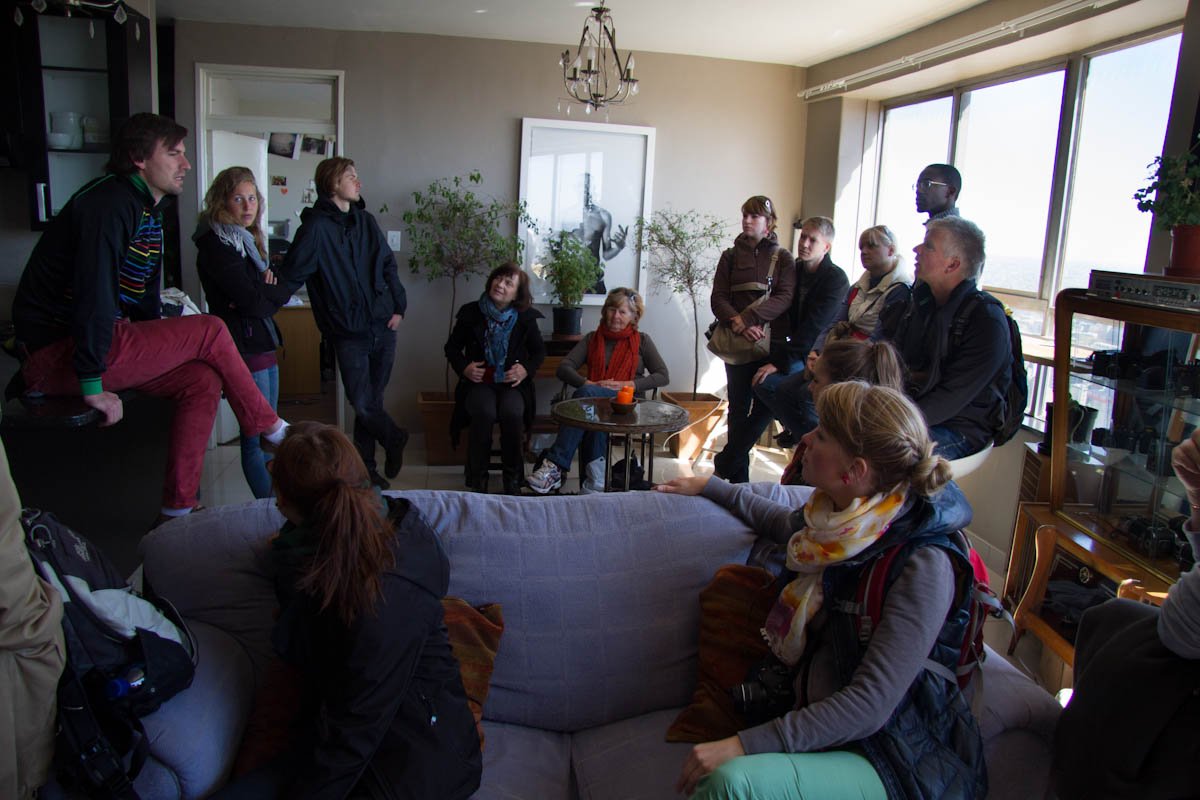
What were some of the most gratifying moments for you?
As participants, the Diepsloot Jozi Walk in 2017 left such a real impression on my young kids, then eight and six years old, that we still talk about it today. All walks were documented, either by the hosts themselves and/or by voluntary amateur photographers, including the late Gail Wilson. Being able to revisit all walks and see not only the effort and talent of local performances, of life (the photo of the football match in Alexandra outside the hostels still comes to mind), and of what would be until that day a group of strangers, participating and interacting, gave me hope in humanity co-existing.
How did your role in planning and strategy at the JDA change how you thought about the city?
Only that any form of sustainable development must look beyond often lofty strategic plans or policy objectives and take on equal consideration for the actual local community needs and aspirations, and the long-term maintenance of any investment. Without improving local opportunities for social and economic empowerment, building new stuff risks becoming meaningless.
Besides initiatives such as Jozi Walks, what can we do to change perceptions – as well as the reality on the ground – to make it safe to walk the streets of Joburg?
What Jozi Walks unearthed is that every community has a story and something special about it – something worth celebrating and sharing with others. An example of this would be the murals of the late Sister Betty Glover, a tribute to a beloved community leader known as "Mama Glover", in Noordgesig. The murals, painted on four buildings, were part of the JDA’s public art programme and depict her legacy and the values she instilled in the community. Local artists and the community worked together to design the artworks. Promoting more public places like this, on platforms such as Johannesburg In Your Pocket, could be the start for the curious Joburger to explore beyond the comfort zone of what they know.
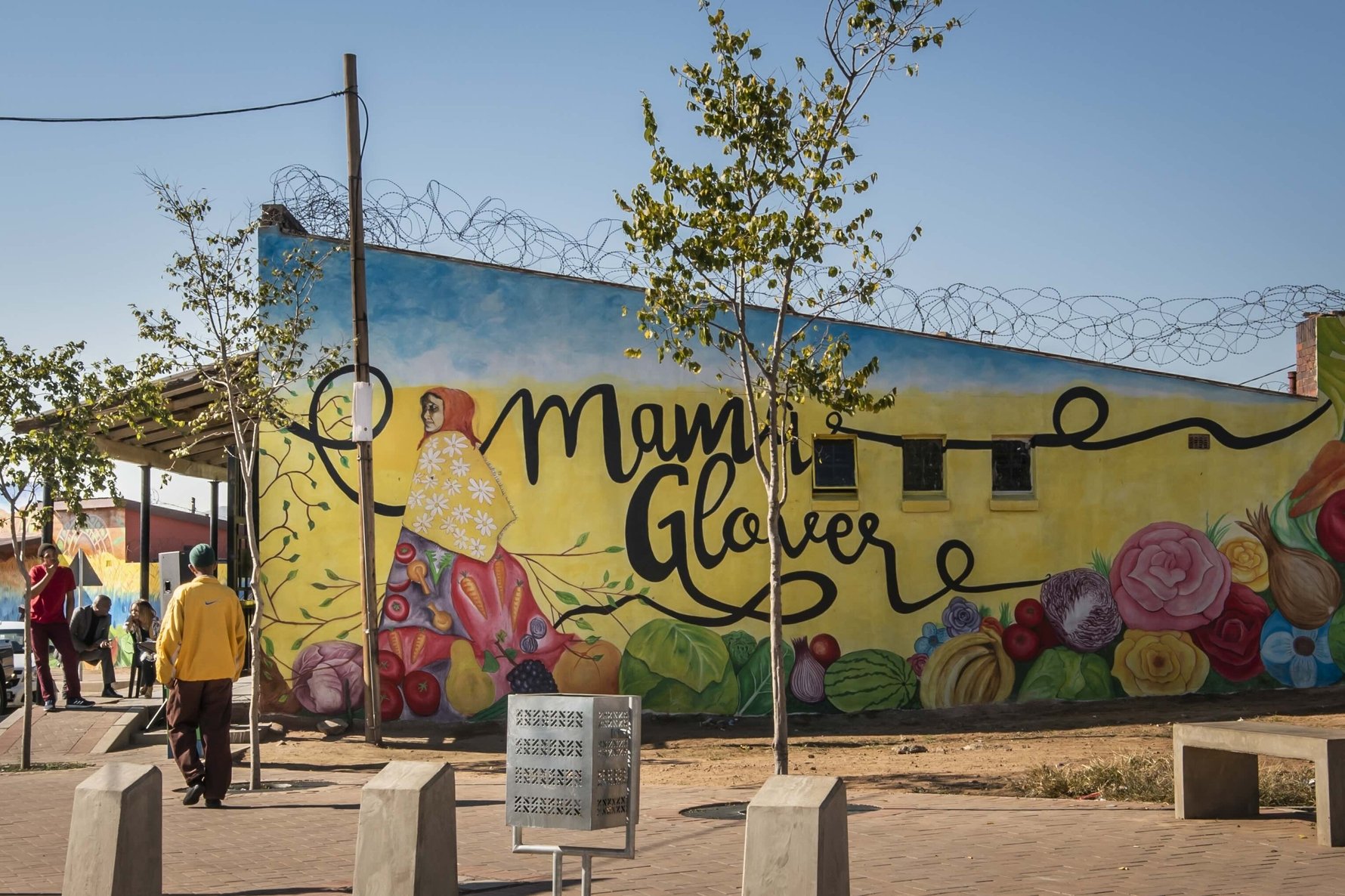
What do you think some of the positive, knock-on effects would be if people felt free to explore all of Johannesburg on foot?
Proving that having more and more vehicles on the roads is not sustainable or should be encouraged is part of a future for a more equitable city. Many of the most successful Jozi Walks also included not only walking but also the use of available public transport, whether by Rea Vaya bus, bike, and/or local minibus taxis. To also reiterate Jane Jacobs' "eyes on the street" concept – whereby natural surveillance, created by people using and interacting with the streets, is a key element in fostering safer and more vibrant urban environments
"Without improving local opportunities for social and economic empowerment, building new stuff risks becoming meaningless."
What are some of your favourite neighbourhoods in Joburg to navigate in this way?
I suppose neighbourhoods that are challenging but also dynamic – Old Alexandra, Doornfontein, and Bertrams.
If you could host a walking tour in Joburg now, what would it be?
I have lived away from Joburg for a few years now, but I have always admired the work of Mark Lewis (@marklewisphotos) – his images make me want to explore and know more about the places, spaces, and people at the fringes of the city. In a similar way, I would also be curious to explore where and how the various immigrant communities have made Joburg their home.
What excites you about the return of Jozi Walks as Jozi My Jozi Walks in 2025?
That there are no rules or limitations on making it even better... The level of excellence and creativity of the team leading the return. And it is an indication of community-led activism for positive change.
Joburg in three words…
Vibrant, diverse, resilient.
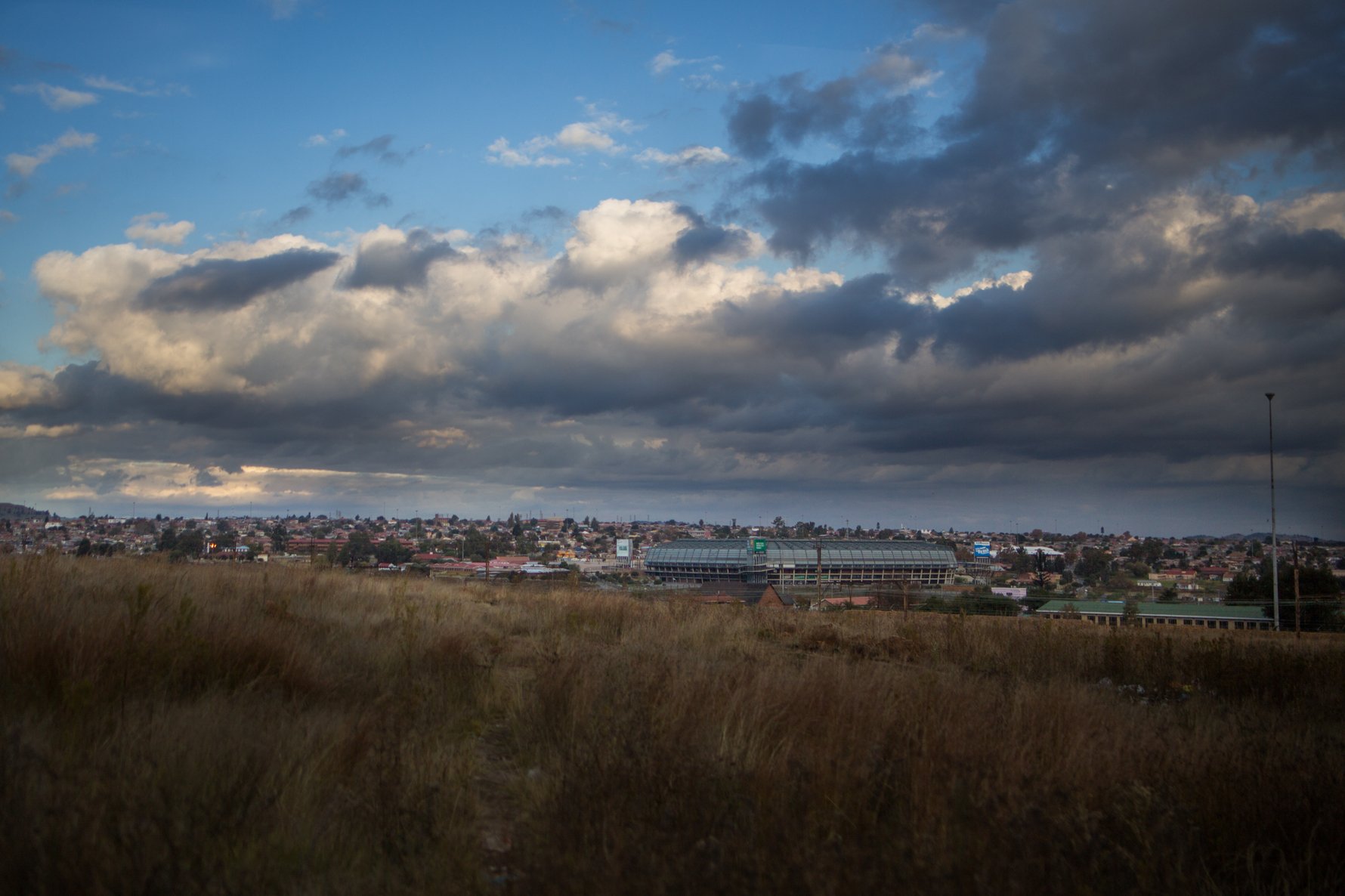
Be part of Jozi My Jozi Walks 2025
If you're a tour guide or a lover of the city, and this makes you want to be a part of the 2025 edition of Jozi My Jozi Walks, read this for everything you need to know – or hop directly to the application form here. Proposals must be submitted by Mon, Aug 18, 2025.For those keen to join us on the walking tours, Jozi My Jozi Walks 2025 will be taking place on the weekend of Sat, Sep 27 and Sun, Sep 28, 2025. Get a few extra insights from past participants here, as there are few better ways to explore this incredible city. Follow @johannesburginyourpocket and @jozi_my_jozi on Instagram to stay in the loop.


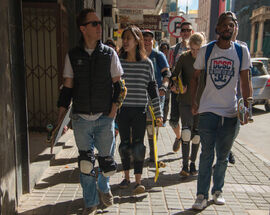
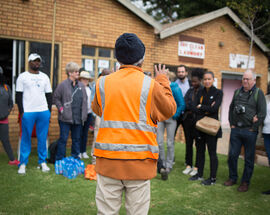
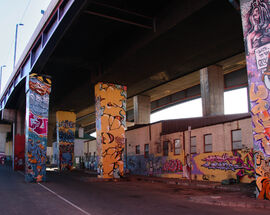


Comments